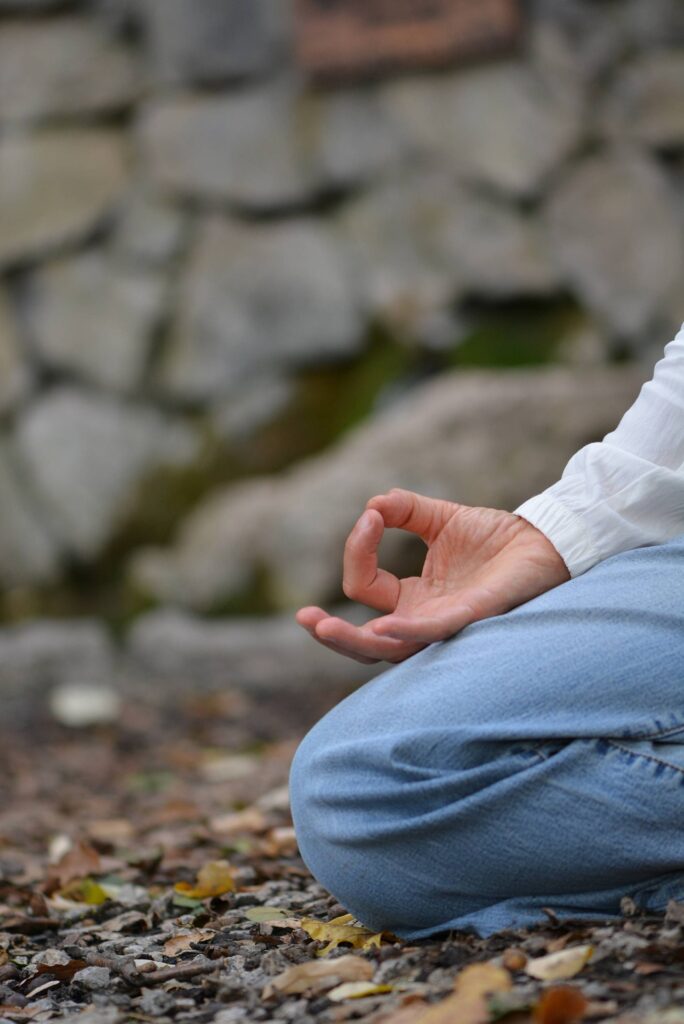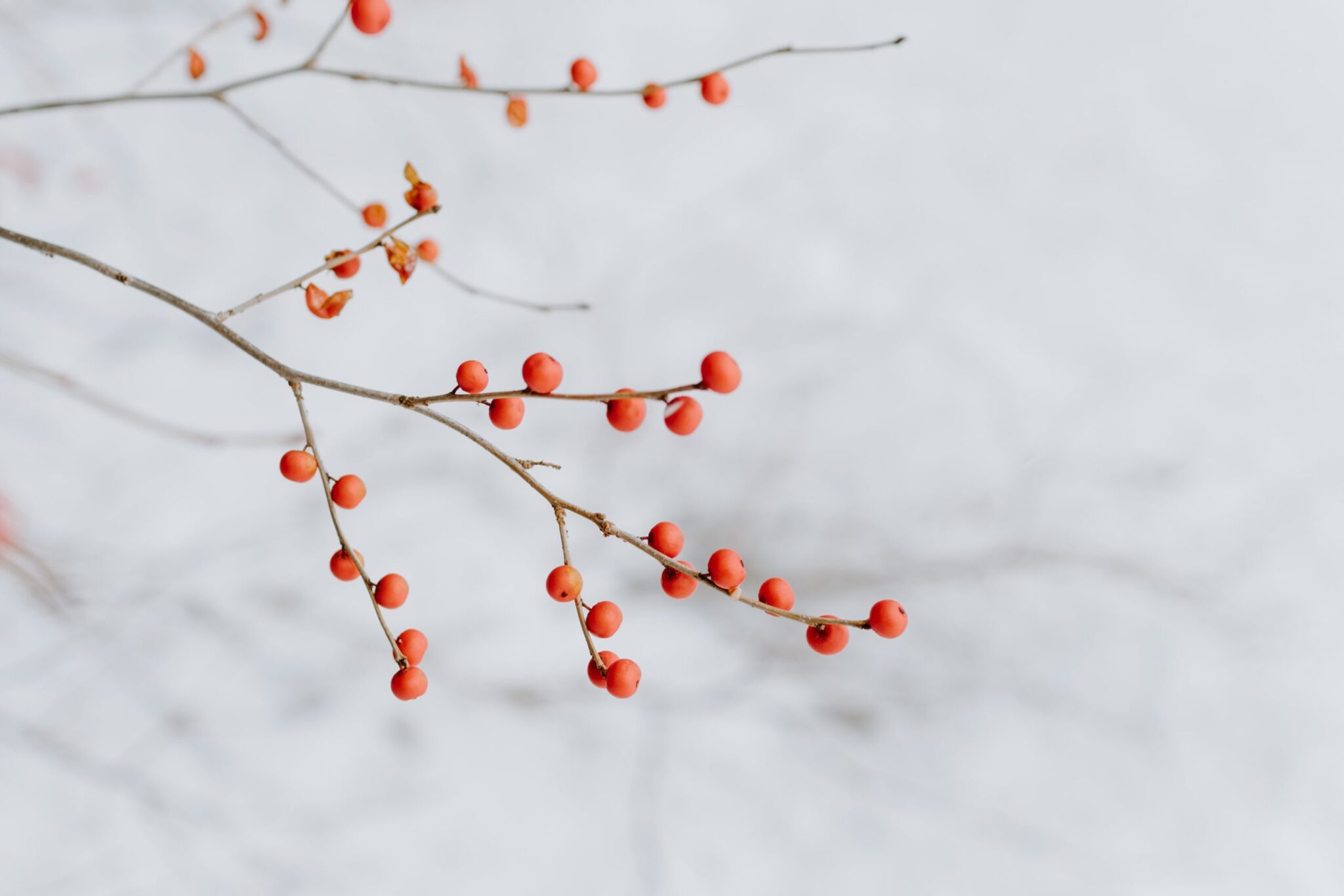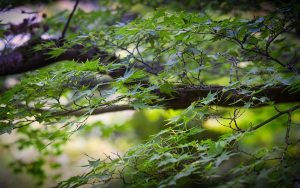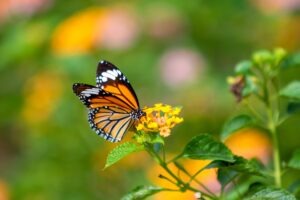
We are deep into the holiday season, and could there be anything more wonderful—or more stressful?
Most Decembers are accompanied by angst over gift shopping, budget balancing, house decorating, party going, cookie baking and family gathering. But 2021 has its own special flavor of stress, thanks to the lingering pandemic (hi, Omicron!) and frustrating supply chain failures. It’s all on top of a year—let’s face it, several years—of global upheaval.
Your anxiety went up just reading that paragraph, didn’t it? It’s all going to be okay. Just take a deep breath.
We mean it. Take a deep breath. Simply by slowing down your breathing, you can reduce stress during the holidays and every day after.
Here’s what Harvard Medical School suggests: Straighten up your spine so lungs have room to fill with air. Even better, lie down.
Then breathe in slowly through your nose. You’ll feel your chest and your belly expand with air. Now is not the time to suck in your gut; that keeps your breath shallow and up high in your chest. Imagine your torso is a balloon filling up with air.
Then slowly let your breath out. You can breathe out through your nose or your mouth, whatever feels more comfortable. Then do it again. Take your time. This is a gift to yourself.
The simple act of breathing, something we do tens of thousands of time every day without thinking, has been proven to reduce anxiety. You’re really playing a clever trick on your body, according to University of Michigan Health. You breathe deeply when you are most relaxed. If you deliberately breathe deeply, you send a signal to your body that you are already relaxed. Your body responds by lowering your heart rate, decreasing your blood pressure and calming your mind.
| Gentle Yoga Jan. 5, Feb. 2 and March 2, 11 a.m. – 12 p.m. |
Breathing lessons are easy to learn, can be practiced almost anywhere and don’t require special equipment or even an app on your phone. You can duck into a quiet room in the middle of a party and fill your lungs to lower your stress.
None of this is news to health, wellness and religious traditions around the world. Many cultures have their own systems of breathing exercises, including, for example, yoga. Those seeking guidance and practice in deep breathing along with a slow and healing form of yoga should consider our new Gentle Yoga class, which begins Jan. 5. This monthly class is intended for beginners and more mature yogis.
In the meantime, we wish all of our Garden family a safe, healthy and calm holiday season. And remember, the Garden is open every day during the holidays except Dec. 25, Christmas Day. If you need a quiet retreat where you can breathe as deeply as you like, we welcome you.







